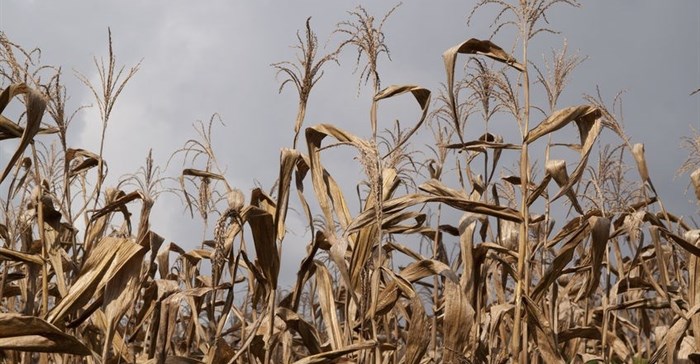
"The government of Zimbabwe requires a total of $1,572,009,953 with effect from February to December 2016," Emmerson Mnangagwa, Zimbabwe's vice president told a news conference in the capital Harare.
"The amount of rainfall received to date is inadequate to meet basic household consumption needs as well as support for livelihoods, agriculture and wildlife."
Mnangagwa's appeal comes barely a week after President Robert Mugabe declared a "state of disaster" in many rural areas hit by severe drought. Zimbabwe has been affected by a regional drought worsened by the El Nino weather phenomenon that has also affected other southern Africa countries including South Africa, Malawi and Zambia.
Mnangagwa said the southern parts of the country are the worst affected with tens of thousands of cattle dying, boreholes drying-up and dam levels are decreasing due to the poor rains.
"There is a threat to human and animal life as safe water, irrigation water and drinking water sources for animals are increasingly drying up," he said.
Most of the funding is sought for the import of foodstuffs but part of the $1.5bn will be used to repair irrigation equipment across the country to increase food production. About 1.5 million metric tonnes of staple maize will be required to feed people from February to December, Mnangagwa added.
Formerly known as the breadbasket of Africa, Zimbabwe has suffered perennial shortages in recent years and has relied on importing grain from neighbouring countries to meet its needs. Mugabe has blamed the low farm yields on erratic rains due to climate change, as well as sanctions imposed by Western countries over his government's tainted human rights record.
Critics say the food shortages have been partially caused by the president's land reforms enacted since 2000 when the government oversaw the often violent eviction of white farmers. Many farms are now underutilised, and the government has vowed to hold an audit to ensure agricultural land is put into production.
Source: AFP

For more than two decades, I-Net Bridge has been one of South Africa’s preferred electronic providers of innovative solutions, data of the highest calibre, reliable platforms and excellent supporting systems. Our products include workstations, web applications and data feeds packaged with in-depth news and powerful analytical tools empowering clients to make meaningful decisions.
We pride ourselves on our wide variety of in-house skills, encompassing multiple platforms and applications. These skills enable us to not only function as a first class facility, but also design, implement and support all our client needs at a level that confirms I-Net Bridge a leader in its field.
Go to: http://www.inet.co.za